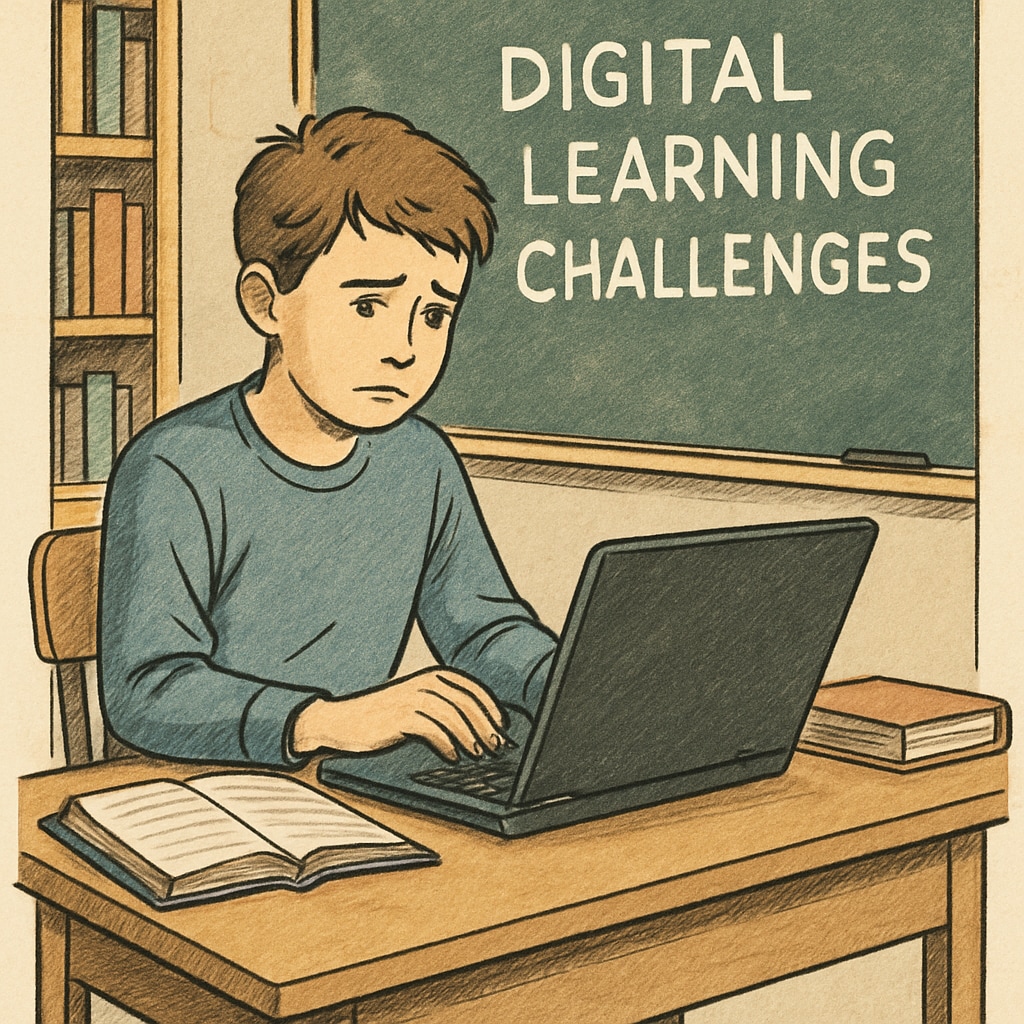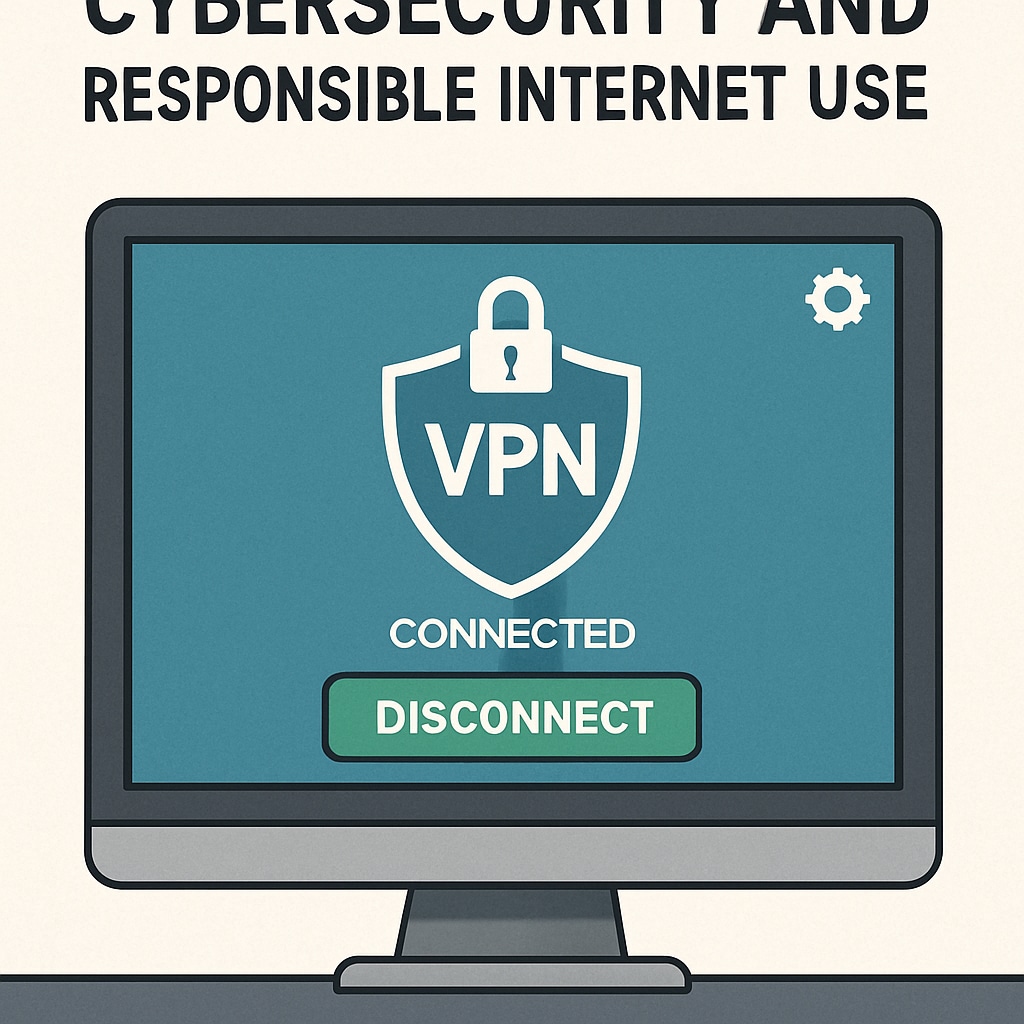As the UK enforces stringent age verification laws for online content, the rise in VPN usage among students has become a pressing concern for educators. These developments pose a dual challenge: ensuring student safety while fostering a healthy understanding of digital rights and responsibilities. With the proliferation of VPNs (Virtual Private Networks) as a workaround to bypass content restrictions, questions arise about how the educational landscape can adapt to such regulatory shifts while maintaining focus on digital literacy.
The Impact of Age Verification Laws on K12 Education
Age verification mechanisms are designed to restrict access to inappropriate content for minors by requiring users to prove their age before accessing certain websites. While these regulations, like those recently implemented in the UK, aim to protect young audiences, they inadvertently encourage tech-savvy students to seek alternative solutions such as VPNs. VPNs allow users to mask their location and bypass regional content restrictions, which can undermine the intent of age verification laws.
For educators, this creates a dilemma. On the one hand, these measures are essential for safeguarding students from harmful content. On the other, the widespread use of VPNs among students introduces risks, including exposure to unregulated online environments and potential cybersecurity threats. Furthermore, teaching students to navigate these technologies responsibly becomes increasingly critical in K12 education.

VPN Usage Among Students: Risks and Opportunities
The rise of VPN usage among students can be seen as both a risk and an opportunity. On the risk side, VPNs may open access to content that is explicitly blocked for safety reasons, such as adult websites or platforms with harmful misinformation. In addition, students might unknowingly expose themselves to malicious websites or compromise their personal data by using free or untrustworthy VPN services.
However, VPNs also offer an opportunity to teach students about digital tools and cybersecurity. Educators can leverage this trend by introducing lessons on responsible internet usage, privacy protection, and the ethical implications of bypassing legal restrictions. By fostering a deeper understanding of these technologies, students can learn to balance their digital freedom with the responsibilities of maintaining online safety.

Balancing Safety and Freedom in Digital Education
To address the challenges posed by age verification laws and VPN usage, schools and educators need to adopt a proactive approach. Here are a few strategies that can help balance student safety with digital freedom:
- Digital Literacy Curriculum: Incorporate lessons on internet safety, privacy, and ethical online behavior into K12 education programs.
- Parental Engagement: Work closely with parents to monitor students’ online activities and educate them about the risks of VPNs and unregulated internet usage.
- Transparent Communication: Discuss age verification laws and their purpose openly with students, helping them understand why certain restrictions exist.
- Safe Alternatives: Provide students with access to secure and age-appropriate platforms, reducing the need for VPNs as a workaround.
- Cybersecurity Awareness: Teach students how to recognize phishing attempts, malware risks, and other online threats.
By implementing these strategies, educators can create an environment where students feel empowered to explore the digital world while understanding the boundaries that ensure their safety.
Looking Ahead: Preparing Students for the Digital Age
The intersection of age verification laws, VPN usage, and education highlights the need for a balanced approach to digital learning. While regulations aim to protect students, they should also be accompanied by efforts to build resilience and critical thinking skills in navigating the online landscape.
Ultimately, K12 education must evolve to address the complexities of the digital age. By fostering a culture of awareness, responsibility, and ethical use of technology, educators can ensure students are not only protected but also prepared to thrive in a connected world.
Readability guidance: Short paragraphs and lists are used throughout the article to ensure clarity and accessibility. Passive voice and long sentences have been minimized, and transitional words such as “however,” “in addition,” and “as a result” are strategically incorporated for smoother flow.


